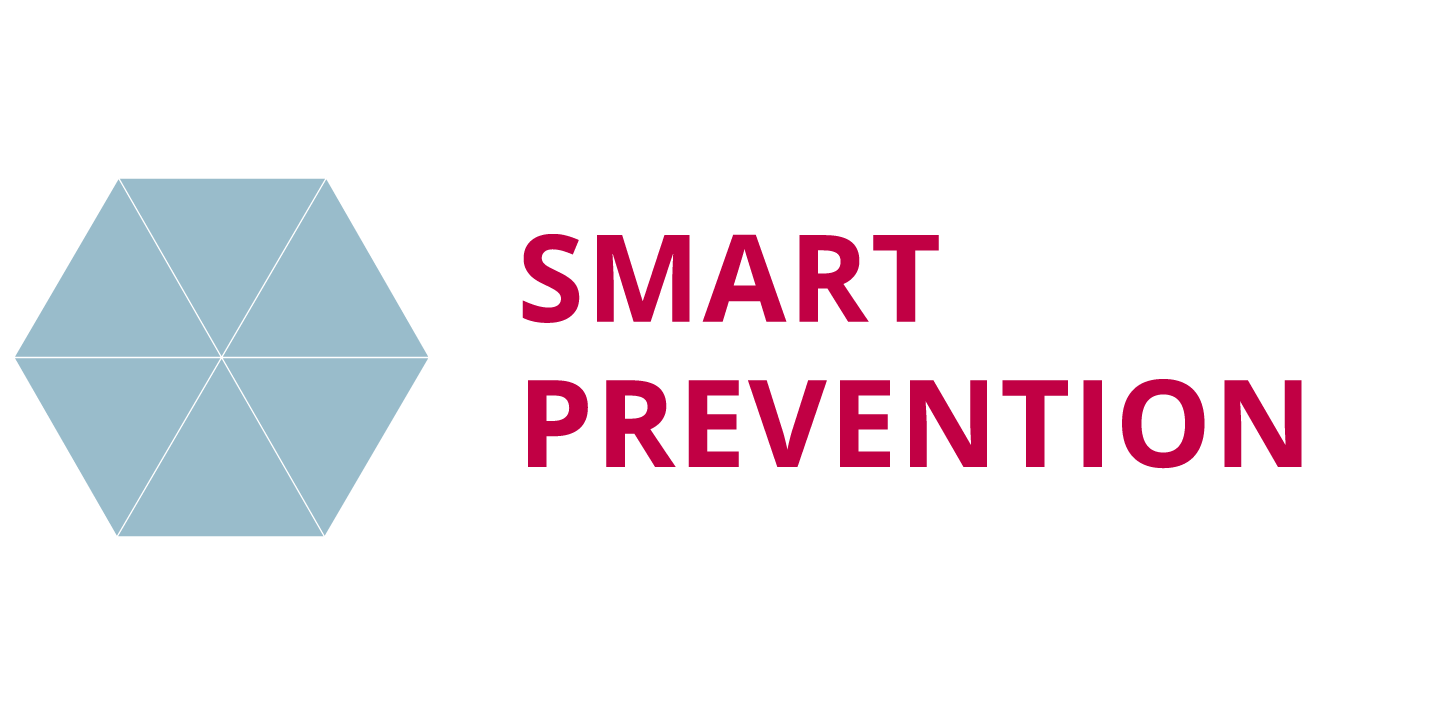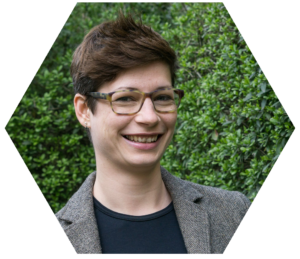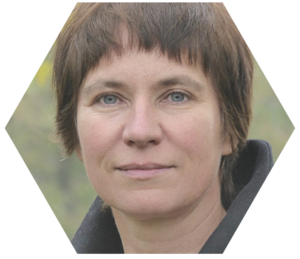- Humanities / Chances / Prof. Dr. Daniel Hajok
Prof. Dr. Daniel Hajok
New prevention tools
- Hajok: Phenomenon
- Hajok: Threat
- Hajok: Vision
Opportunities of digitisation are of course autonomy, early chances for co-determination, for participation. These are opportunities of digitisation for the people themselves. Of course, digitisation also has opportunities for prevention. This is about picking up people where they are on the move, i.e. on the Internet, with online services, in the world of apps and so on. And using this specifically for preventive work, for example by strengthening peer-to-peer approaches and also by strengthening school-based learning. So we have digital pacts that should not only strengthen learning with media, but also strengthen learning about this digital world. These are all new forms of preventive offers, where the target groups are basically picked up where they are on the move: In the school context, in the digital world. And here, quite openly, they also contribute to a discourse among themselves about the possible risks and dangers and to an exchange of ideas. And on the other hand, to stimulate self-reflection through targeted offers, to encourage a critically reflective approach to the media. I always say: the ideal idea of good prevention is that before people do anything in the digital world, before they are confronted with anything, they should be informed about the consequences of their own actions, or rather, they should deal with them themselves before they dive into these worlds. At the point where a class teacher today in the fourth grade sees that most pupils have a smartphone, it is obvious that WhatsApp will land on it, it is obvious that the first class chat will be formed and then it would actually be a task of school education to say “Okay now, let’s move the benches together, let’s form a few groups and work out the rules of how we want to deal with each other.” One could take the concept of giraffe language as an example, i.e. transferring the concept of unprejudiced, non-violent communication to these new places of action. You could appoint an administrator to say early on “Okay here there are certain rules and there are certain sanctions, consequences if the rules are not followed: exclusion from the group”. In other words, here too, to let the target groups themselves regulate these spaces, which have so far been largely unregulated, in the broadest sense. That would be a classic answer to one of the most important topics today, how young people deal with each other, especially on WhatsApp and Co.

Prof. Dr. Daniel Hajok
- born in 1970
- Communication and media scientist
- 1997 to 2004 scientific work at the University of Leipzig and FU Berlin
- Then freelance reviewer, empiricist, lecturer and author
- Founding member of the Working Group Childhood, Youth and New Media (AKJM)
- long-standing member of the Complaints Committee and the Expert Commission of the Voluntary Self-Regulation Multimedia Service Providers e.V. (FSM)
- Since 2018 honorary professor at the University of Erfurt
- Main areas of work: Media, society and social work, protection of children and youth in the media, media education and media education
- Conception and implementation of various research projects, guest lectures and teaching assignments at various colleges and universities
- Lecturer in further education and training as well as expertises, reports, reviews and numerous technical contributions, especially in the area of conflict “Childhood – Youth – Media”
- Phenomenon
- Threat
- Chances
- Vision





Comments